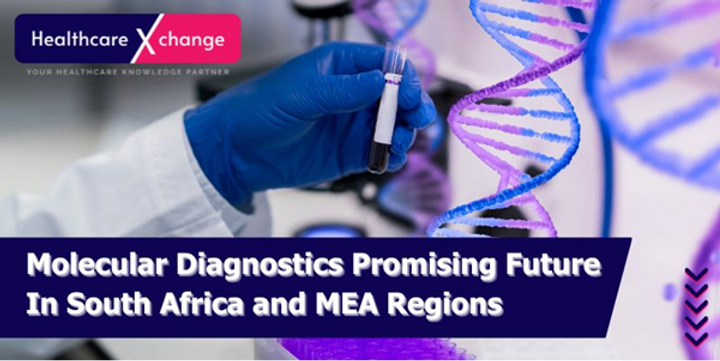
Molecular Diagnostics Market Report – South Africa / MEA
- Report
- November 18, 2023
From USD$762.55 million to USD$1,313.21 million by 2028:
The Transformative Trajectory of Molecular Diagnostics in MEA Healthcare
Molecular Diagnostics: A Rapidly Growing Global Market
Molecular diagnostics is the analysis of biological markers or genetic material (DNA or RNA) to diagnose diseases, monitor treatment effectiveness, and detect genetic predispositions. It plays a crucial role in healthcare, offering accurate and rapid results. In 2023, the global market is valued at USD$16.6 billion, and it is expected to grow steadily from 2023 to 2028 at an annual rate of 11.4%, reaching approximately USD$28.6 billion.
The expansion of this industry is driven by the increase in prevalence of infectious and chronic diseases, such as cancer, as well as the greater awareness of its benefits, especially among the elderly population. The COVID-19 pandemic has further underscored the importance of such testing for public health.
Researchers continue to enhance methods of methods for screening such as Polymerase Chain Reaction (PCR) and Next-Generation Sequencing (NGS), which makes molecular diagnostics indispensable in a variety of medical fields that range from cancer and infectious diseases to genetic analysis and to comprehend individual drug responses.
This report will provide insights into the market in South Africa and other MEA regions.
South Africa’s Molecular Diagnostics Market: A Bright Future Fueled by Technology and Budget




